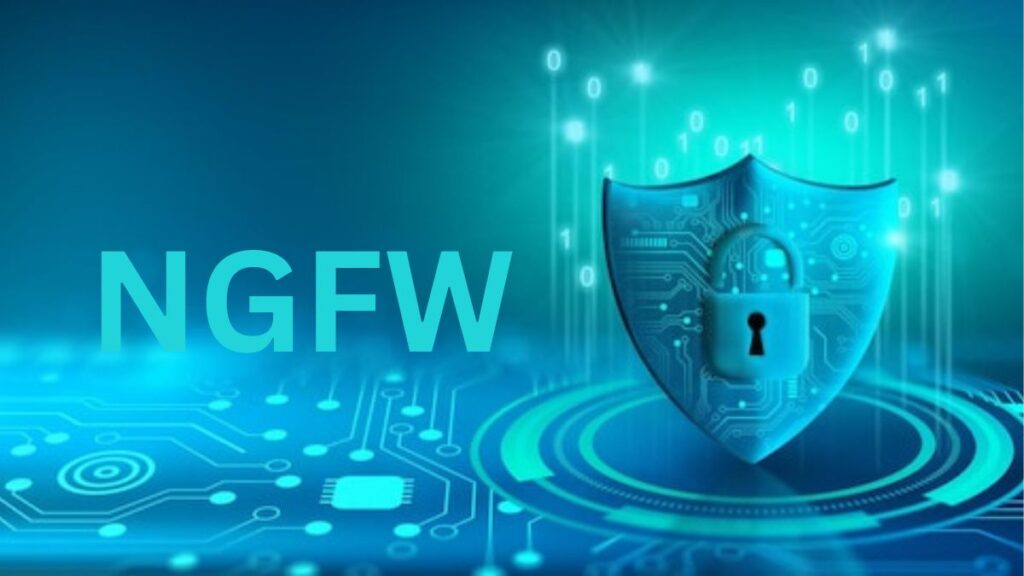Fortinet is a leader in cybersecurity and has a large lineup of products for all kinds of use cases. Its firewalls consistently score well in independent tests from Cyber Ratings and MITRE. Its foundational Zero Trust components protect against never-before-seen threats without compromising performance. Their NGFWs use purpose-built ASIC chips and its FortiOS operating system.
Deployment
Both Fortinet and Palo Alto Networks have a large lineup of cybersecurity products. They also both have good performance in firewalls and other security tests. However, the firewall comparison between Fortigate and PAN is that Fortinet has the edge because it offers a more robust selection of features. For example, its ML-powered NGFWs can stop 40% more zero-day threats than the competition. It also uses a unified management platform, making managing all your network security devices easier. Fortinet has also been profitable for years on a GAAP basis and expects continued growth. Its revenue increased 29% last year, its billings rose 35%, and its adjusted EPS was 19% higher. Its stock trades at 43 times earnings, a premium to its competitors. In addition to its flagship hardware, NGFWs, Fortinet has also expanded its ecosystem with cloud-delivered security services. These include the PAN-OS platform, centralized network security administration, and AI/ML-powered FortiGuard services. These capabilities enable a wide range of security and networking convergence. In addition, the company’s patented ASIC architecture provides industry-leading price/performance. Fortinet’s NGFWs can also be managed through MSSP partners, which reduces complexity and improves productivity. These benefits can be especially valuable in a tight economy where every worker counts. Fortinet’s scalable hardware and software architecture allows easy integration with existing infrastructure. Its ML-powered NGFWs can identify and protect against malware, ransomware, and other advanced threats.
Cost
Fortinet and Palo Alto Networks have top scores in independent tests and offer a large lineup of cybersecurity products. However, Fortinet is better suited for appliance-based distributed enterprises and branch offices and has a stronger offering for cloud, container, and FWaaS use cases. Palo Alto is better suited for mid-range and larger enterprises, and it has a strong presence in the security infrastructure space with its unified threat management (UTM) and next-generation firewall (NGFW) solutions. Fortinet has a competitive cost per protected Mbps, and it was recently ranked as the top NGFW in NSS Labs tests. Fortinet also has a lower TCP response time, which is desirable for efficient data transmission and stable device connections. Both vendors offer various NGFW form factors, including hardware appliances and VMs for virtualized environments. They can be configured with on-box or central management. Fortinet’s centralized management system, Panorama, is available for physical and virtual appliances. It offers a user-friendly interface and supports multi-vendor deployments. Users of Fortinet Firewalls say the solution is stable and that it has a lot of valuable features. They also like that it can be deployed on-premises or in the cloud, and its monitoring and reporting capabilities are useful. In addition, they appreciate the ability to manage their firewalls centrally.
Performance
Fortinet NGFWs are powered by purpose-built ASIC chips that deliver superior performance compared to firewalls that use generic CPUs for networking and security capabilities. In addition, the company’s PAN-OS operating system has advanced functionality that reduces complexity and enhances visibility and protection. Fortinet also provides granular control over SaaS applications and extended SSL decryption capabilities, making connecting users and devices across the WAN easy. Fortinet’s NGFW platform is available in hardware devices from the PA-200 series to the high-end PA-7000 series. It can also be deployed as a virtual device in a cloud or private data center environment. The company’s NGFWs protect from malware, ransomware, and data theft. It also includes network access control and threat-detection tools. HKR’s Fortinet Certification Course is the best way to gain hands-on expertise in this platform. It enables you to understand the workings of Fortinet’s technology and learn how to set up, configure, and manage the firewall. It also covers how to troubleshoot, analyze and identify various issues. Fortinet’s NGFWs deliver excellent performance and security for a low cost. They include full visibility and protection, FortiGuard AI/ML-powered services, centralized network management, and security fabric integration. The company’s firewalls also provide a secure, highly-available infrastructure for applications and data. Moreover, they allow you to deploy new and advanced technologies.
Security
The Fortinet NGFW offers an impressive set of security features. Its purpose-built ASIC technology provides superior performance to other NGFWs that use generic CPU hardware. Its ability to detect and block zero-day attacks is particularly notable. Fortinet NGFWs also feature an extensive set of management tools. Fortinet NGFWs can be used for many network applications, including web applications and IoT devices. They can protect data centers and remote sites from ransomware and other malware. They can also protect against targeted attacks and advanced persistent threats (APTs). Fortinet NGFWs can identify threats by examining packet payloads, allowing them to prevent cyberattacks before they occur.
Moreover, they can also monitor and analyze traffic to identify malicious activities and detect vulnerabilities. They can then send this information to other Fortinet products, enabling them to take immediate action to mitigate the threat. This capability helps improve a network’s overall security, an important aspect for many businesses. Fortinet NGFWs are also highly rated by users and analysts. They regularly win top scores in independent firewall testing. For example, the PA-5280 series ranked top in NSS lab tests. They are a great choice for distributed enterprise and branch office needs. The company’s software is also easy to deploy and use.







